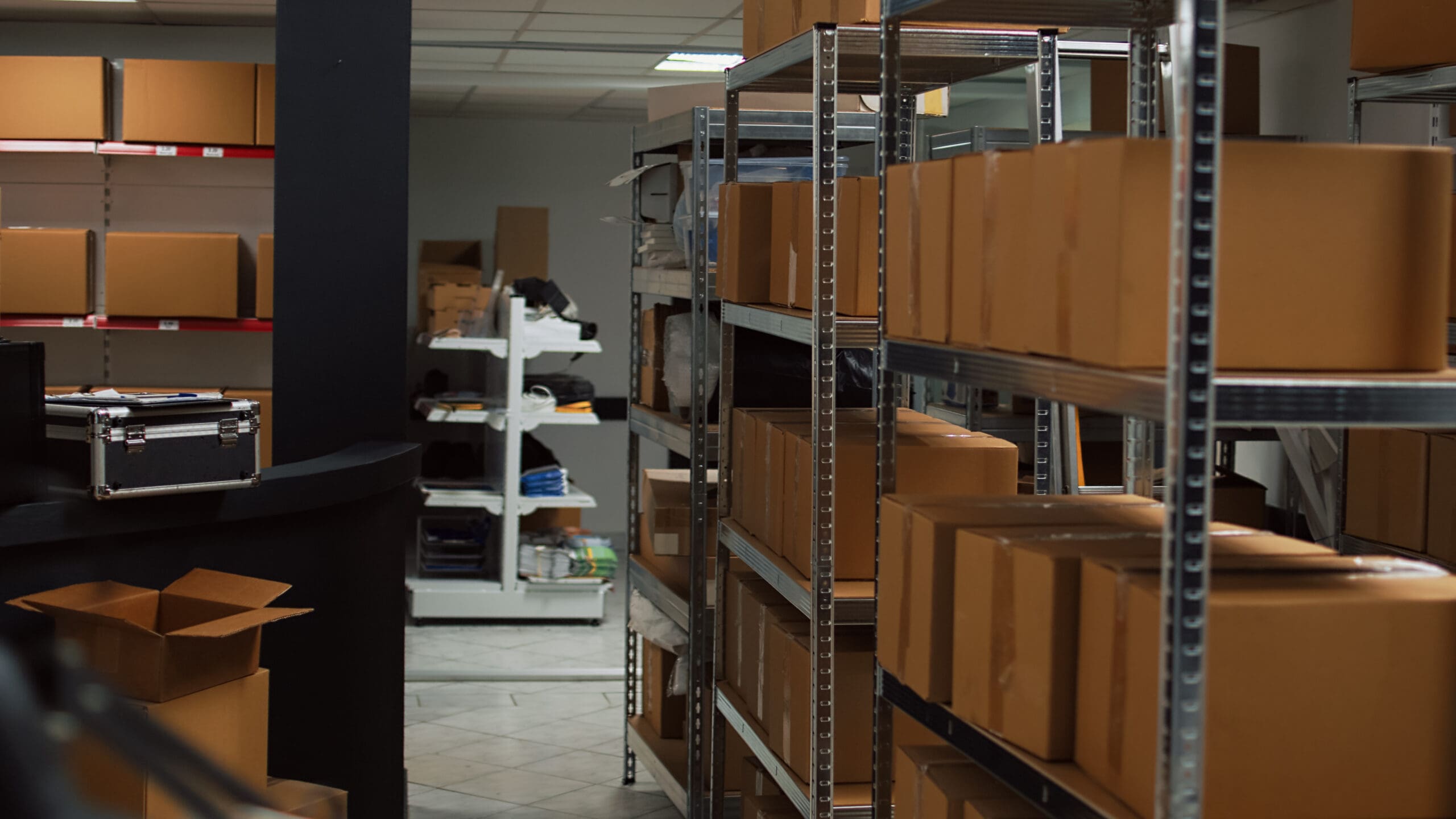Inventory quality control is an important department that should not be overlooked. While it may require more investment and labor to implement and maintain inventory control, in the long run it can save you money and improve efficiency. Inventory control quality assurance can help businesses achieve accurate numbers and avoid waste. Keep reading to learn more about inventory quality assurance.
What is the importance of quality inventory management?
Proper inventory management is critical for any small business. Inventory management helps a business track inventory from purchasing to the sale of goods. A good inventory management software can help the purchasing team identify which item needs to be ordered, at what time, and how many need to be ordered. Over time, good inventory management software can also help to identify trends to always order enough stock to leave no customer order unfulfilled and it can give timely warnings of when stock is low and may need to be ordered to meet an upcoming expected spike in sales. Once a purchased product becomes a sale, then it becomes revenue. Having too much stock is not good business practice. It is nice to always be able to fulfill your orders without back ordering any items, however, you do not want to tie too much of your cash up into inventory. If having a large quantity of inventory in stock at all times is inevitable, this is where inventory financing can help you, but of course, it comes at a price. Good inventory management is finding that perfect balance between always having an item in stock, but not having too much of it causing your cash reserves to be depleted. If you are curious about where your business stands on finding this sweet spot between having sufficient inventory to fill every order, but not too much that it eats up all your cash flow, you can check the inventory turnover of certain products. Inventory turnover is an indicator that lets you know how often stock is sold in any given period.
Having quality inventory management is important to any business because it is a good indicator of a company’s health. Inventory management helps make sure there is never too much or too little stock. If you are a publicly traded company, the Securities and Exchange Commission can verify that you are properly tracking inventory and accurately reporting this data.
Not only is good inventory management a legal issue with publicly traded companies, but it is also just good business practice for any sized business. You always want to make sure you have sufficient stock to fill orders, generate revenue, and increase profits. Good inventory management allows this while it saves your business money and increases cash flow.
Why is it important for small businesses to have quality control?
Having a high level of quality control is essential for any small business that is looking to deliver a superior product each and every time. It is vital, especially if your business is just starting out, that you begin to build a reputation for producing and delivering products that are at, or that surpass customers’ expectations every time. All it takes is for one customer to have one bad experience and the implications can be dire with bad reviews, lost revenue on shipping replacements, and possibly losing a customer.
However, delivering a consistent product each and every time can be hard work and it can prove difficult at times. That is why it is important for any small business to have standardized quality control best practices in place. Ideally, each product that ships from your facility or that is sold out of your retail location, should each contain the same level of superior quality. Quality control of products starts in the receiving department. Your receiving staff should be well trained to identify any quality issues upon receipt of any merchandise shipments, and if necessary, if a shipment looks damaged, they should also be authorized to refuse shipments. When inventory is being entered into the inventory management system, each item should be inspected for damages or other defects, and if there are any, the manufacturer or distributor should be notified immediately. If you are the manufacturer, then there should be a special quality control team that is responsible for inspecting products before they are prepared for shipment.
However you choose to address quality control, the most important thing is that you do. Having a quality product that customers can always rely on is an important way to differentiate your product and your brand from competitors. Having loyal customers who have learned to associate your product and brand with quality does more for boosting sales than any marketing campaign can. Loyal customers can potentially take it upon themselves to advocate for your product to friends, family, and on social media if they are routinely impressed with the quality and superiority of your product.
Quality control does not only apply to the products themselves, it can apply to the quality and efficiency of how your business operates. Quality control can help identify waste, frivolous spending, and it can help to ensure that you are maximizing your productivity.
How is inventory related to quality management?
Inventory management helps to streamline processes that are part of quality management. For example, if the time between when a product is ordered and received at your facility to when it is sold is minimized, this is an example of how inventory management can minimize the time that assets are tied up in inventory. The streamlining of the inventory ordering process can make sure your cash flow is maximized at all times.
Inventory Financing
If part of the nature of your business makes it inevitable that you have ample inventory on hand for long periods of time, you may want to utilize inventory financing to increase your cash flow and working capital. For example, you receive inventory from overseas and it is more cost efficient to receive one large bulk shipment at the beginning of the year rather than multiple shipments throughout the year, you can then leverage your inventory to acquire a business loan to give you the working capital you need to cover day-to-day expenses. There are many options for inventory financing including inventory loans and inventory lines of credit.
An inventory loan is a basic loan that is based on the value of your inventory. You will get an upfront lump sum of cash that you can then pay off in installments until the total amount of the loan is paid in full. Or, if you do not want to make monthly payments, you can always negotiate with a lender to pay off the loan in one installment once the inventory has been sold. Once the loan is paid off, you can then take out another loan to order another bulk shipment of inventory.
An inventory line of credit is similar to an inventory loan except that a lender will give you sort of a credit limit that you can borrow against as much as you want. You can continuously take loan withdrawals and continuously make payments. You do not have to borrow the full amount, and you can use the funds for any business related expenses you would like, not just the purchase of inventory.
Tips to improve quality in inventory management
If you are looking to improve the quality of your inventory management, one of the best investments you can make is in an inventory management software system. A quality inventory management system will help take some of the guesswork out of purchasing, maintaining stock, and identifying trends that may affect purchasing decisions.
Conclusion
As a small business you may be trying to grow. However, there may be obstacles in your way such as a lack of funds. If so, you may need inventory financing. The downside is that inventory financing may be hard to qualify for and costly. Securing financing for inventory may allow you to focus more on inventory quality control which can benefit your business in several ways. Kickfurther is the world’s first online inventory financing platform that enables companies to access funds that they are unable to acquire through traditional sources. We connect brands to a community of eager buyers who help fund the inventory on consignment and give brands the flexibility to pay that back as they receive cash from their sales. This alleviates the cash-flow pinch that lenders can cause without customized repayment schedules, allowing your brand to scale quickly without impeding your ability to maintain inventory or financial flexibility.
Searching for affordable inventory financing? Check out Kickfurther today!









